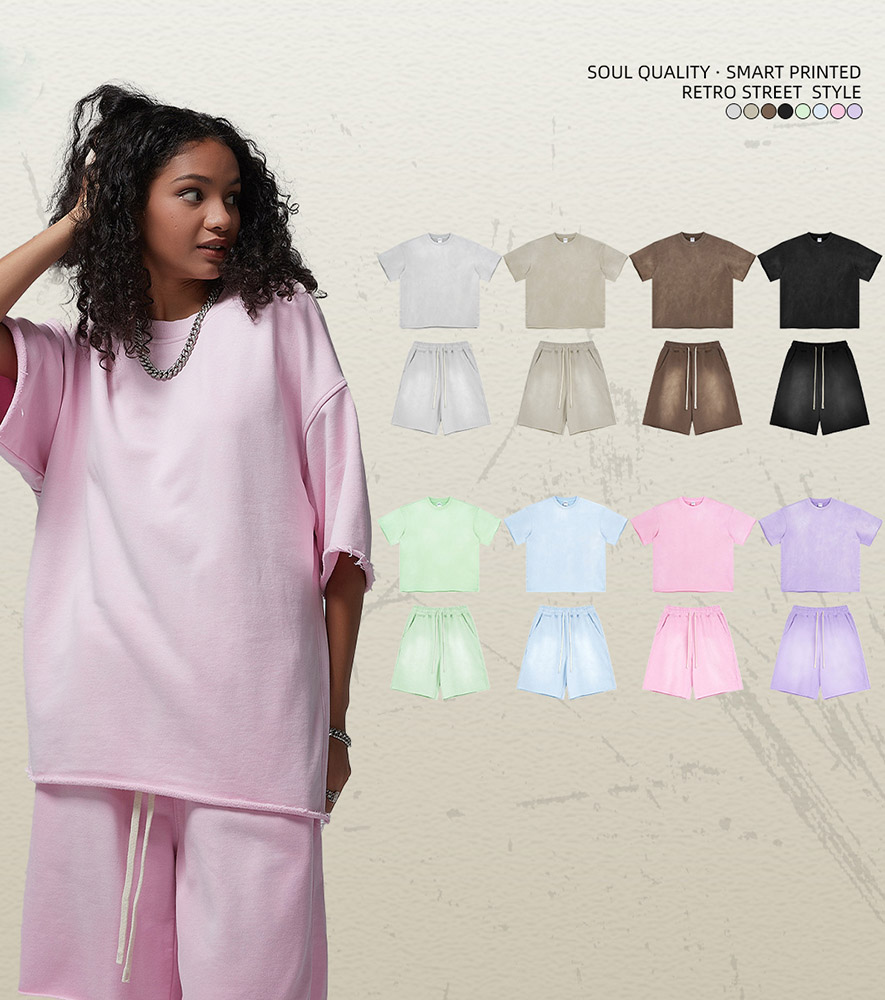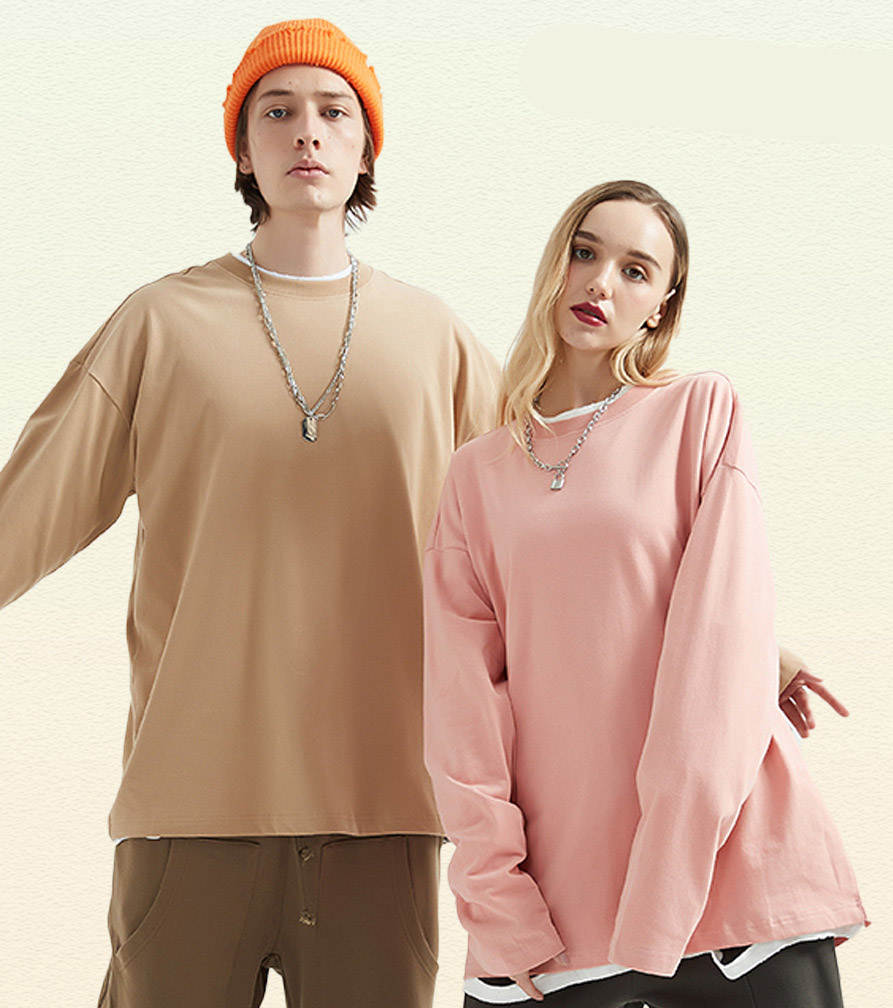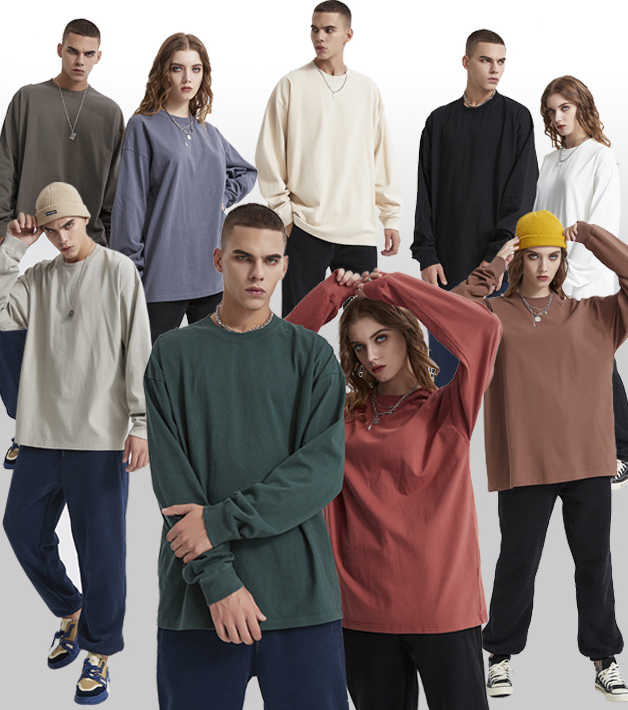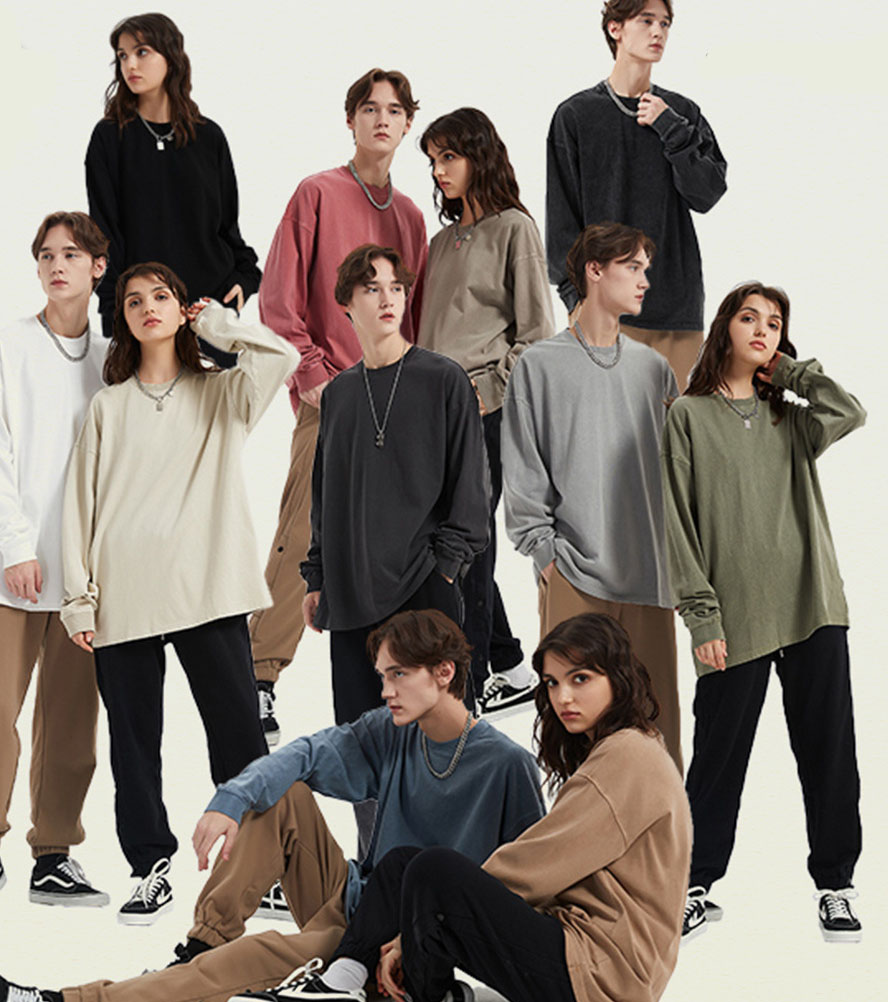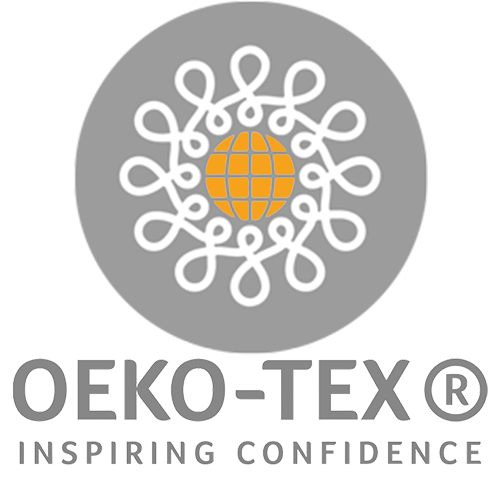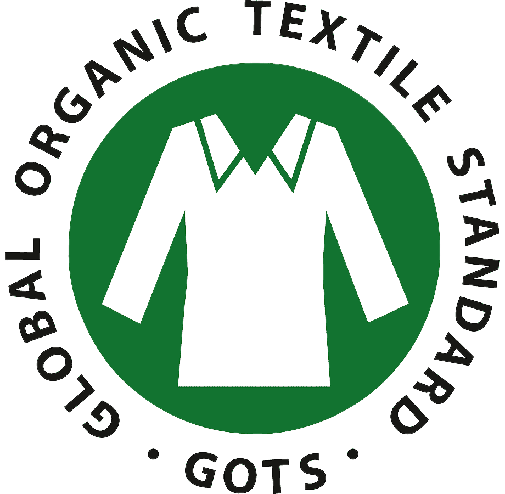Private label brands have become a powerful force in the retail world, offering businesses a way to deliver unique products and maximize profits. But what exactly does "private label brand1" mean, and how does it work?
A private label brand1 is a product created by a manufacturer and sold under a retailer’s brand name, giving businesses control over branding, pricing, and marketing without directly manufacturing the product.
Let’s explore the different types of private labels, how to identify them, and how they differ from other branding models.
What are the 4 types of private labels?
Private label brands come in various forms, catering to different business models and consumer needs.
The four types of private labels are generic, premium, copycat, and value innovators, each with its unique characteristics and target audiences.
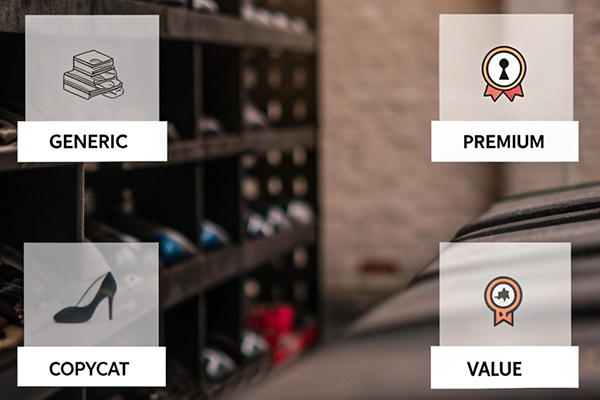
1. Generic Private Labels
- Definition: Basic, no-frills products sold at low prices, often with minimal branding.
- Target Audience: Budget-conscious consumers.
- Examples: Generic grocery staples like flour, sugar, or canned goods with simple packaging.
2. Premium Private Labels
- Definition: High-quality products that rival or exceed national brands, often positioned as luxury items.
- Target Audience: Consumers seeking premium products at a slightly lower price than big-name brands.
- Examples: Costco’s Kirkland Signature2 or Target’s Archer Farms.
3. Copycat Private Labels
- Definition: Products designed to mimic the appearance, packaging, or performance of leading national brands.
- Target Audience: Consumers looking for a similar product to a national brand at a lower price.
- Examples: Store-brand pain relievers mimicking Advil or Tylenol.
4. Value Innovators
- Definition: Products that combine good quality with highly competitive pricing, disrupting traditional markets.
- Target Audience: Savvy shoppers prioritizing value for money.
- Examples: ALDI and Lidl’s private label lines3 offering high-quality food and household items.
| Type of Private Label | Key Features | Target Audience |
|---|---|---|
| Generic | Basic, low-cost | Budget-conscious shoppers |
| Premium | High-quality, luxury feel | Consumers seeking affordable luxury |
| Copycat | Mimics national brands | Price-sensitive shoppers |
| Value Innovators | Quality with affordability | Savvy shoppers |
These categories highlight how private labels cater to various segments of the market, offering businesses flexibility in their product strategy.
How do you know if a brand is private label?
Identifying private label brands can be tricky, as they often blend seamlessly into the product lineup.
You can tell if a brand is private label by examining its ownership, exclusivity to a retailer, and branding compared to national brands.

Signs a Brand is Private Label
-
Exclusive to a Specific Retailer
- Private label products are typically sold only at one retailer or through one brand’s online store.
- Example: Walmart’s Great Value line or Target’s Good & Gather.
-
Simpler Branding
- Private labels often use straightforward, clean packaging to distinguish themselves from flashy national brands.
-
Lower Price Point
- These products are usually priced lower than comparable national brands to attract cost-conscious consumers.
-
Mention of Manufacturer
- Sometimes, private labels mention “distributed by” or “manufactured for” on the packaging, indicating a relationship with a third-party producer.
Tips for Spotting Private Labels
- Look for store-exclusive brands on the retailer’s shelves.
- Compare branding styles—private labels often emphasize value and simplicity.
While private label brands may appear independent, their exclusivity to a retailer often reveals their nature.
Can I buy a product and sell it under my own brand?
Launching your own private label brand is an attractive business model for entrepreneurs seeking control over their branding and sales.
Yes, you can buy a product and sell it under your own brand through private labeling, which involves sourcing generic or customized products from manufacturers and branding them as your own.
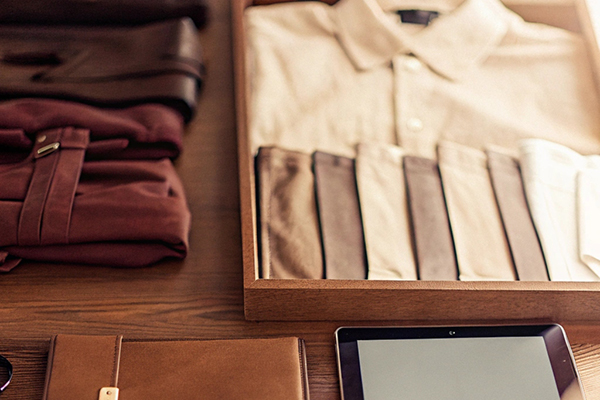
How Private Labeling Works
-
Find a Manufacturer
-
Customize the Product
- Work with the manufacturer to customize packaging, branding, or product features to match your vision.
-
Brand the Product
- Add your logo, brand colors, and other design elements to make the product uniquely yours.
-
Sell Under Your Brand
- Launch your product online (e.g., Shopify, Amazon) or in brick-and-mortar stores.
Advantages of Private Labeling
- Control Over Branding: You decide how the product looks and feels.
- Higher Margins: By cutting out intermediaries, you can sell at competitive prices while earning more profit.
- Flexibility: Tailor the product to meet market demand or niche audiences.
| Step | What You Do |
|---|---|
| Find a Manufacturer | Source a supplier to create your product |
| Customize the Product | Adjust features, packaging, or design |
| Brand the Product | Add your logo and branding |
| Launch and Sell | Market the product as your own brand |
Private labeling offers an excellent opportunity to enter the market with unique, branded products.
What is the difference between private label and own brand?
While private label and own brand are often used interchangeably, they have subtle differences that reflect the level of control a business has over the product.
Private label refers to products made by a third-party manufacturer for a retailer, while own brand products are fully developed and controlled by the company selling them.

Key Differences
-
Production Control
- Private Label: The retailer or business partners with a manufacturer who owns the production process.
- Own Brand: The company manages the product’s development, from sourcing raw materials to manufacturing.
-
Customization
- Private Label: Limited customization options are available through the manufacturer.
- Own Brand: Full control over product design, features, and materials.
-
Examples
| Aspect | Private Label | Own Brand |
|---|---|---|
| Production Control | Manufacturer handles production | Business manages production |
| Customization Options | Limited customization | Full customization possible |
| Examples | Amazon Basics, Great Value | Nike, Apple |
Which Model is Better?
- Private Label: Ideal for businesses seeking lower entry costs and faster product launches.
- Own Brand: Best for established businesses with resources to manage production and R&D.
Understanding the difference helps you choose the model that aligns with your business goals and resources.
Conclusion
Private label brands provide a flexible, cost-effective way for businesses to create unique products and enter the market with minimal barriers. By understanding the types of private labels, how to identify them, and how they differ from owning your brand, you can decide whether this model is right for your business. Whether you’re looking to sell existing products under your name or fully control production, private labeling offers endless opportunities to grow your brand.




